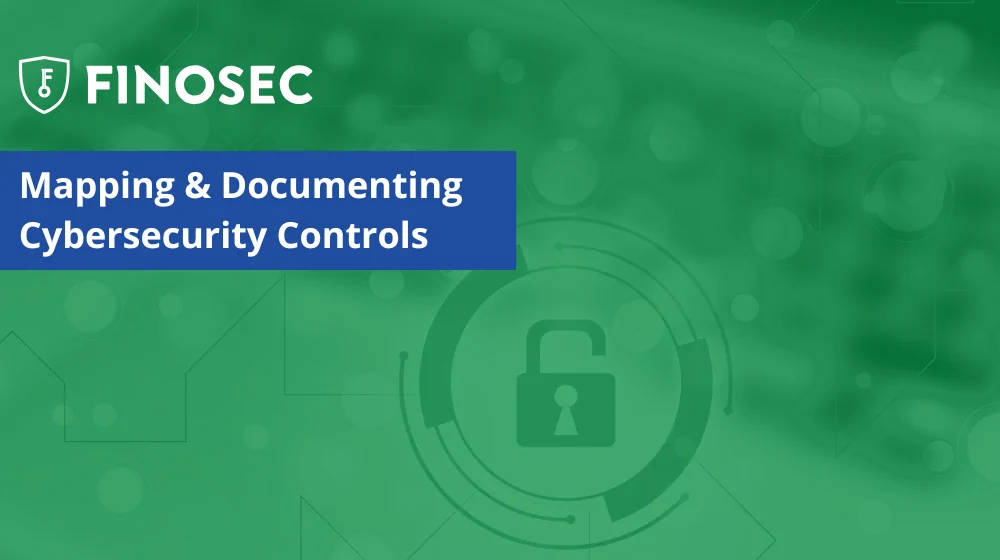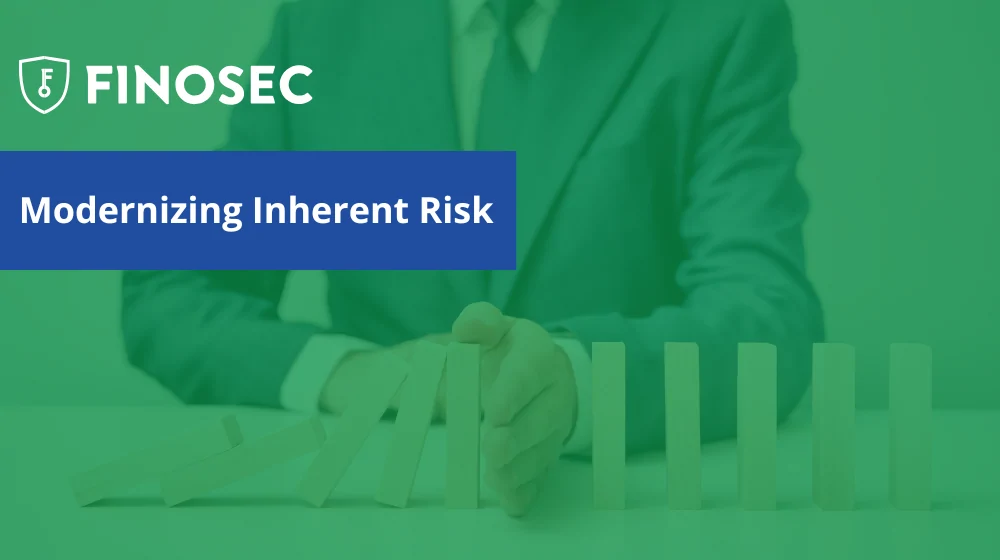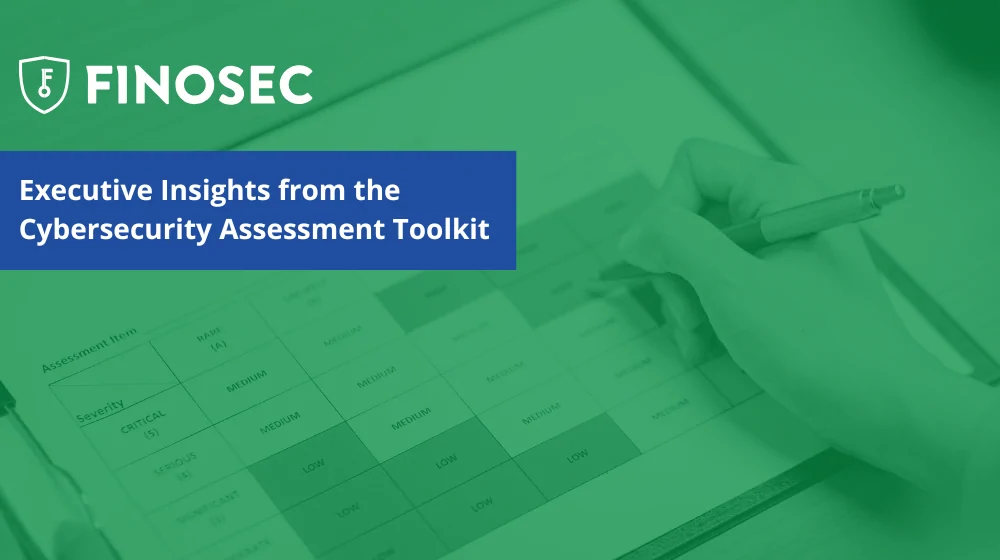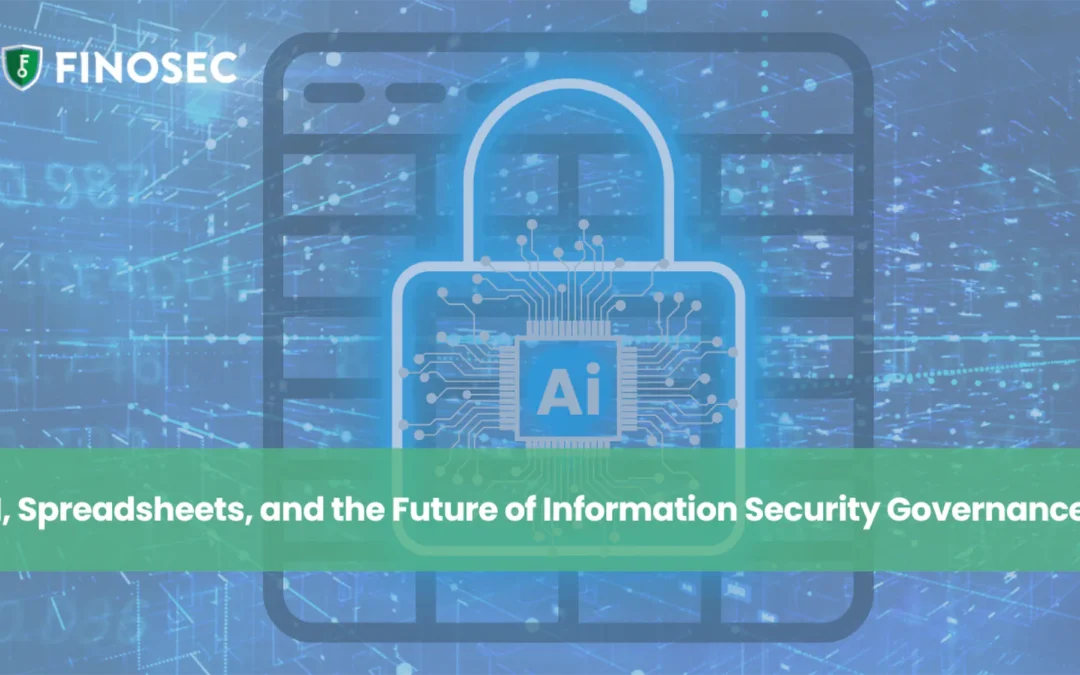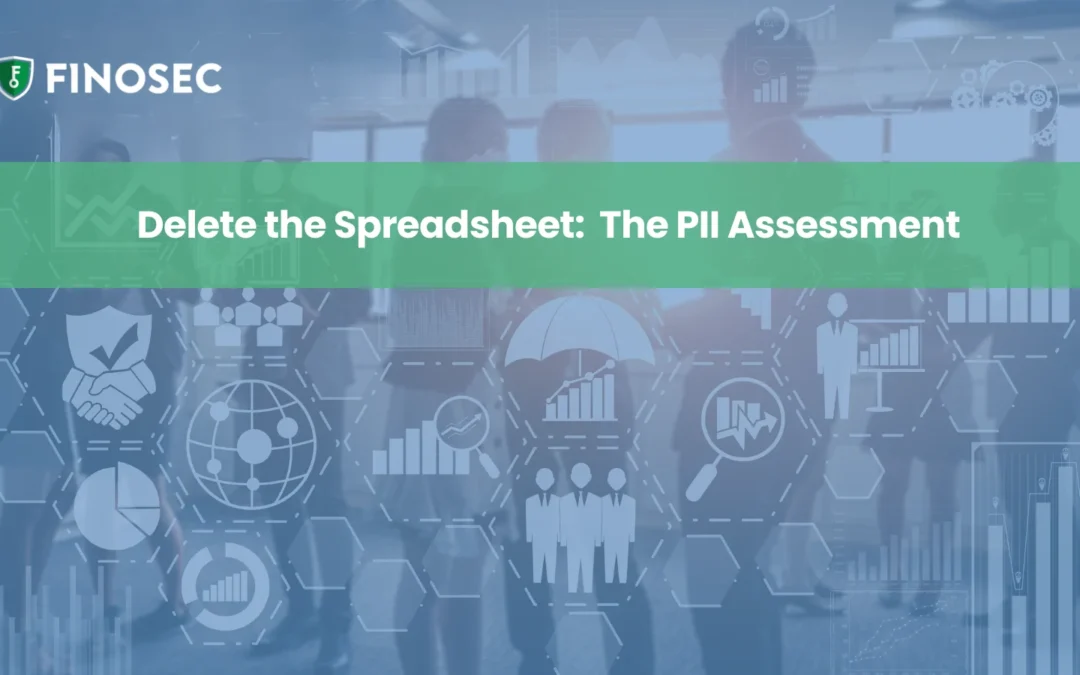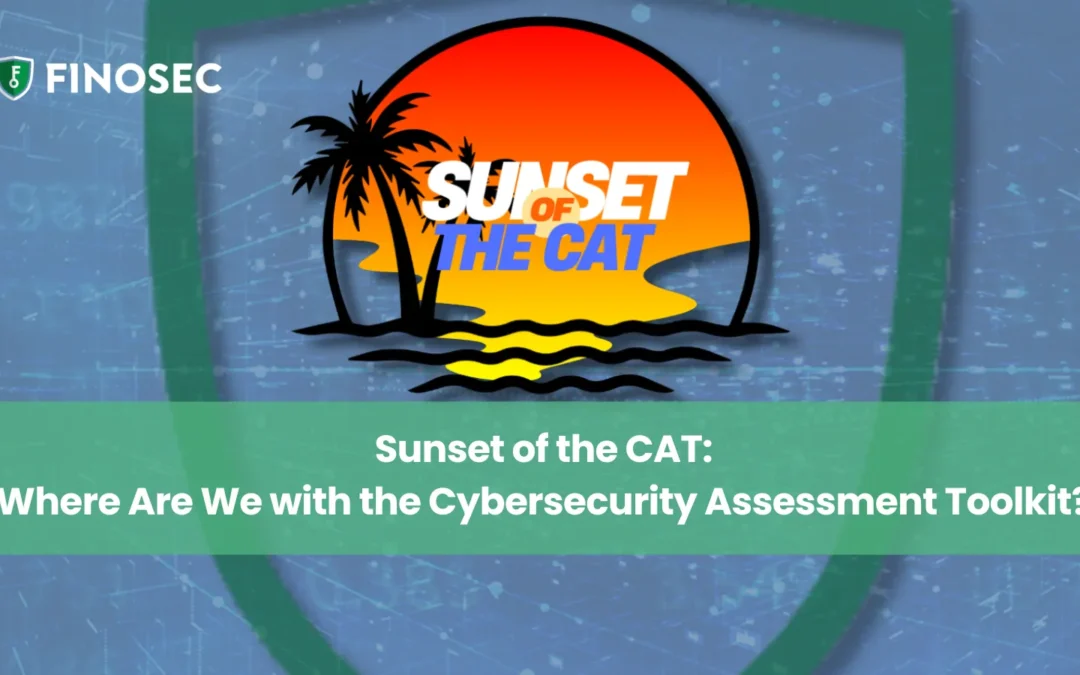As of October 24th, 2023, a new version of the Ransomware Self-Assessment Tool (R-SAT v2.0) has been published for banks to help mitigate new risks associated with ransomware attacks and identify security gaps.
Ransomware attacks are not just a fleeting headline; they are a persistent threat that can cripple financial institutions. A recent report issued by the Conference of State Bank Supervisors (CSBS) expanded on the experiences of banks that have fallen victim to such attacks. The report is a collaborative effort involving multiple state bank regulatory agencies and provides invaluable insights into ransomware preparedness and response. Below, we’ll delve into the key findings of the report and discuss how financial institutions can enhance their cybersecurity measures.
The Importance of R-SAT
One of the standout findings from the report is the underutilization of the previous version of the Ransomware Self-Assessment Tool (R-SAT). Many victimized institutions had either not completed or only partially completed the R-SAT v1 before falling prey to ransomware attacks. The report emphasizes that the R-SAT should not be viewed merely as a compliance requirement but as a comprehensive guide for understanding an institution’s specific risks.
Actionable Insight
Make the R-SAT a cornerstone of your cybersecurity strategy. Don’t just complete it and file it away until the examiners visit; revisit it regularly and update it to reflect the evolving threat landscape.
Multi-Factor Authentication (MFA) is Crucial but Not Foolproof
The report underscores the importance of properly configured and implemented Multi-Factor Authentication (MFA). While MFA is not a silver bullet, it can significantly reduce the risk of a successful ransomware attack when used as part of a layered security strategy.
Actionable Insight
Evaluate your current MFA implementation. Make sure it’s not just a checkbox, but a well-thought-out layer in your security architecture and enforced consistently.
Managing “Hyper-local” Social Media
In today’s digital age, news travels fast, especially bad news. The report highlights the need for financial institutions to manage “hyper-local” social media platforms proactively to control misinformation and maintain consumer confidence during a crisis.
Actionable Insight
Develop a crisis communication plan that includes strategies for managing both traditional and hyper-local social media platforms. Consider including communication templates in your incident response plan to speed up response times.
The Evolving Tactics of Ransomware
Ransomware is not static; it evolves. The report discusses the emergence of double and triple extortion methods, which add layers of complexity and urgency to ransomware attacks.
Actionable Insight:
Keep abreast of the latest ransomware tactics and adjust your security measures accordingly. Consider running periodic security drills to test your preparedness for these evolving threats.
The Ethical and Legal Implications of Paying Ransoms
Paying ransoms is a controversial practice that can perpetuate the cycle of ransomware attacks and may even violate OFAC sanctions. The report urges financial institutions to carefully consider the broader consequences of paying ransoms.
Actionable Insight
Develop a policy on ransom payments and make sure it is aligned with legal regulations and ethical considerations.
Overall, the CSBS report serves as a wake-up call for financial institutions. Ransomware is a significant and evolving threat that requires a multi-faceted approach to mitigation. By taking heed of the report’s findings and implementing its recommendations, financial institutions can go a long way in safeguarding themselves against this modern-day scourge.
For those looking for a comprehensive solution to manage cybersecurity governance, our Governance 360 platform offers multiple modules to track regulatory requirements and provide oversight reporting. We are committed to helping financial institutions simplify the complexities associated with information security and cybersecurity governance. Would you like to learn more about how Governance 360 can help you prepare for and mitigate ransomware risks? Contact us today.
We’re hosting an upcoming educational webinar on R-SAT 2.0 and what it means for your institution. Join us on November 14th at 2 p.m. ET. Register for the event here.
Stay safe, stay secure!

